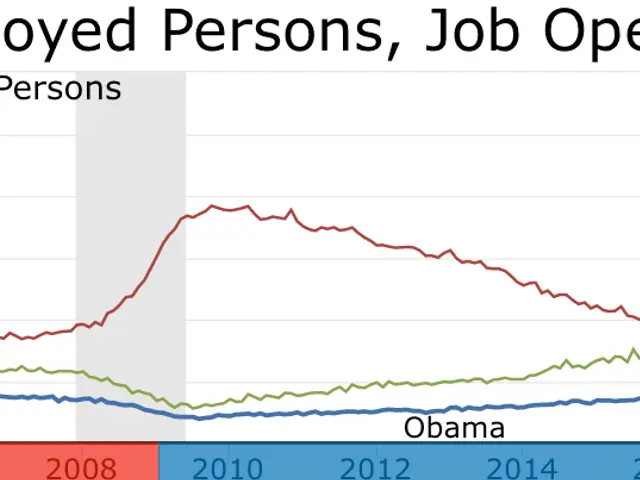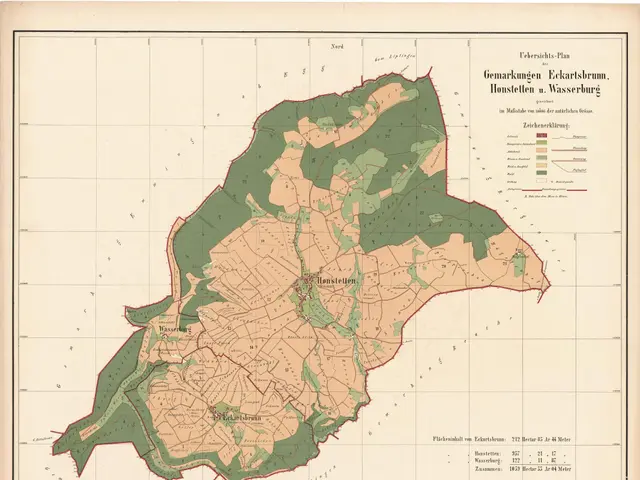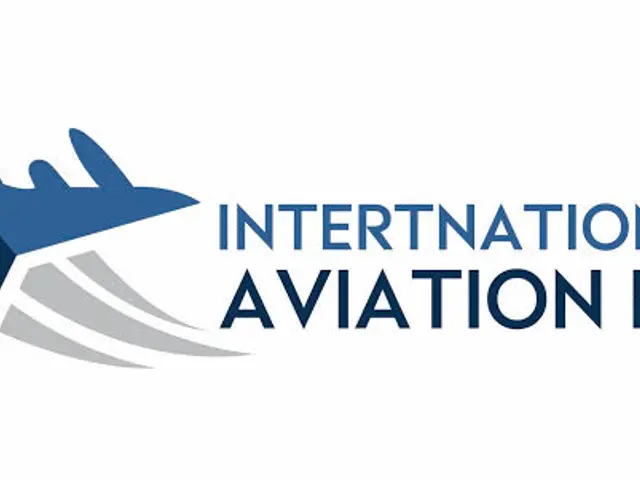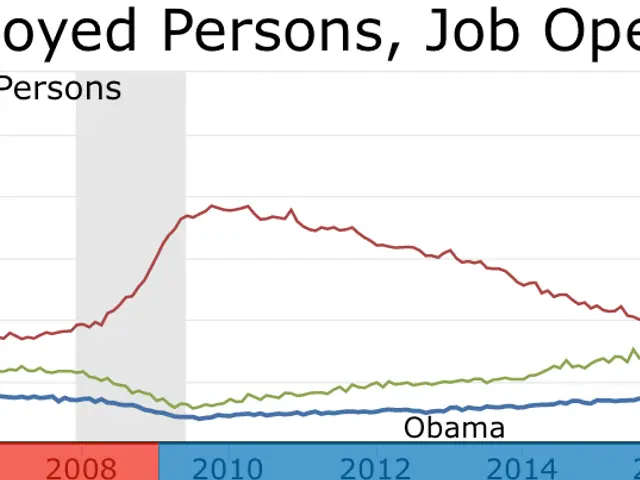U.S. tariffs cited as reason for ceased Boeing plane deliveries by China
In a dramatic move, China has put a halt on accepting new aircraft from aviation titan Boeing, citing American tariffs as the primary cause for this decision. Beijing claims that the tariffs have disrupted the international air transport market, causing Chinese airlines and Boeing itself to suffer greatly.
The trade war between the two nations has intensified, with new US tariffs reaching an astonishing 145% on numerous Chinese products. In response, China has slapped fresh 125% duties on imports from the United States. This escalation has not only impacted the stability of the global industrial chain and supply chain but has also led to China's drastic action against Boeing.
Boeing's CEO, Kelly Ortberg, confirmed the decision in a recent interview with CNBC. He revealed that Chinese customers had stopped taking delivery of aircraft due to the tariff environment. If the halt continues, Boeing plans to market these jets to other carriers.
It's important to note that China's decision is not just a response to increased tariffs, but it also poses challenges for Chinese airlines in maintaining their existing Boeing aircraft fleets due to restrictions on US-made parts. This dependency on American technology could potentially hamper the growth of China's domestic aircraft manufacturer, COMAC.
Meanwhile, the trade tensions could benefit European aircraft manufacturer Airbus in the short term, but long-term effects on the global aviation market dynamics could prove to be complex. The US-China standoff underscores the need for diplomatic resolution to stabilize the aviation sector on a global scale.
Interestingly, some analysts suggest that China's moving away from Boeing could be a tactical maneuver rather than a long-term strategy, implying the possibility of negotiations in the near future.
This move is part of a broader trade tension between the US and China, highlighting the deep interdependencies in the aviation sector between the two nations. The consequences of this conflict potentially extend beyond just Boeing and COMAC, affecting the entire global supply chain.
- The Boeing CEO, Kelly Ortberg, confirmed that Chinese customers have halted taking delivery of aircraft due to the tariff environment, which was initially triggered by the US tariffs.
- This drastic action by China against Boeing has not only impacted the stability of the global industrial chain and supply chain but also poses challenges for Chinese airlines in maintaining their existing Boeing aircraft fleets due to restrictions on US-made parts.
- Meanwhile, the trade tensions between the US and China could benefit European aircraft manufacturer Airbus in the short term, but the long-term effects on the global aviation market dynamics could prove to be complex.
- Some analysts suggest that China's moving away from Boeing could be a tactical maneuver rather than a long-term strategy, implying the possibility of negotiations in the near future.







